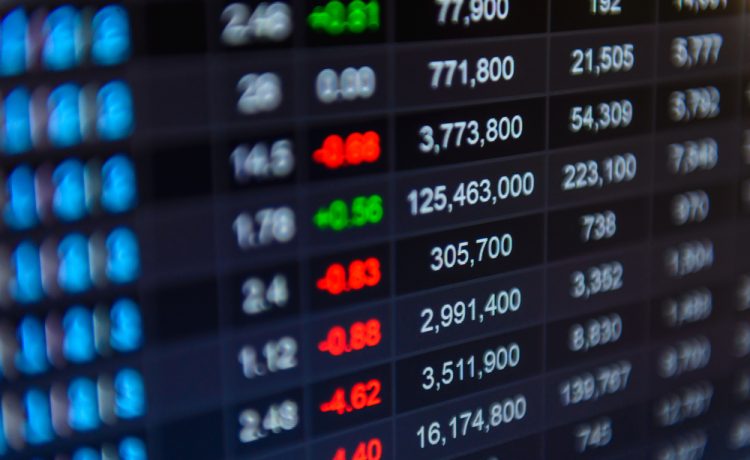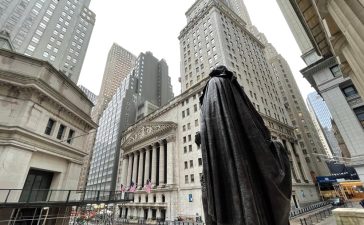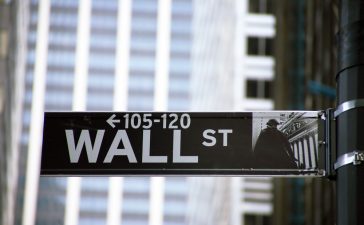MSCI’s broadest index of Asia-Pacific shares outside Japan shed 2.65% on Friday and fell to its lowest level since March 16
Asian shares tumbled to their lowest in seven weeks on Friday and the dollar stood tall as investors globally shunned riskier assets over fears that higher U.S. interest rates and China’s reinforcement of its zero-COVID policy could hit growth hard.
MSCI’s broadest index of Asia-Pacific shares outside Japan shed 2.65% on Friday and fell to its lowest level since March 16, the day when Chinese vice premier Liu He boosted shares by pledging to support markets and the economy.
The benchmark is down 3.8% from last Friday’s close, which would be its worst week since mid-March. Japan’s Nikkei bucked the trend, rising 0.56% on its return from a three-day holiday.
Chinese blue chips shed 2%, the Hong Kong benchmark lost 3.44%, and China’s yuan tumbled to an 18-month low in both onshore and offshore markets.
Dickie Wong, director of research at Hong Kong brokerage Kingston Securities, attributed the falls to the Wall Street plunge overnight amid worries about aggressive U.S rate hikes, as well as fears about the health of the Chinese economy.
China will fight any comments and actions that distort, doubt or deny the country’s COVID-19 response policy, state television reported on Thursday, after a meeting of the country’s highest decision-making body.
Investors said that appeared to rule out any easing in the zero-COVID policy, which is slowing Chinese economic growth and snarling global supply chains.
The silver lining is the expectation that new Chinese fiscal measures could come out over the weekend, Wong said. That’s the only thing giving Asian markets some support at their current low valuations.
Overnight, the Dow Jones Industrial Average and the S&P 500 both fell more than 3%, and the Nasdaq Composite shed 4.99% in its biggest single-day plunge since June 2020.





